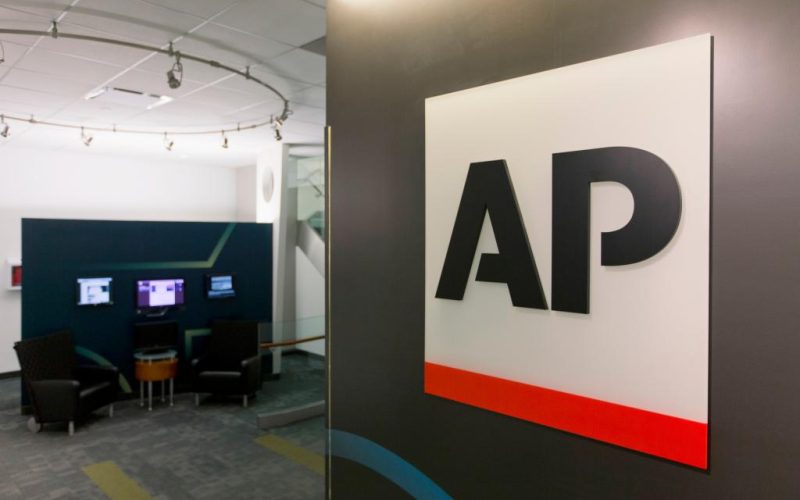The Associated Press said Monday that it would begin offering buyouts and lay off selected employees, part of a plan to reduce the news outlet’s staff by about 8% and accelerate a transition to a digital-first organization.
The move is part of what is expected to be a dispiriting end-of-year period in the news industry, which is beset by business woes that go back years. The end of a busy presidential-election cycle was also expected to accelerate reorganization plans.
The AP said those eligible for buyouts were to learn of the offer, which would include severance pay and partial health coverage for 18 months, by the end of Monday. Those whose positions are due to be eliminated would learn about their fates over the next few weeks.
Once considered the world’s largest newsgathering organization, the AP no longer makes that claim and does not reveal the size of its staff. As a result, it was impossible to say on Monday how many people would be affected. The AP said less than half of the anticipated cuts would involve its news employees, with the bulk happening within the US.
The News Media Guild said that 121 of its members would be offered buyouts. The AP, without giving an estimate, said there would be fewer job cuts than that among the union members.
The AP, which prides itself on being an unbiased news source, offers news stories, pictures, video, audio and interactive content direct to consumers via the website apnews.com. But the bulk of its business comes from selling its journalism to other news organizations that use it.
Earlier this year, two major news chains, Gannett and McClatchy, said they would stop buying news from AP, in Gannett’s case ending a relationship that had lasted more than a century. The AP has diversified its revenue stream in recent years, including accepting philanthropic funding, but is still hurt by the news industry’s overall woes.
“We all know this is a time of transformation in the media sector,” Daisy Veerasingham, AP’s president and CEO, said in a note to staff members sent early Monday morning. “Our customers — both who they are and what they need from us — are changing rapidly. This is why we’ve focused on delivering a digital-first news report. We now need to accelerate on this path.”
In broad strokes, that means an increased emphasis on visual journalism — photos and video and the digital content that incorporates them into storytelling.

Veerasingham was not available for an interview, an AP spokeswoman said.
AP remains a central part of the news industry’s ecosystem, particularly when it comes to US elections. During its election coverage earlier this month, the AP had unprecedented usage of its live video, election data, visuals and interactive products, Veerasingham said.
The AP said it had reached a tentative deal with its union to offer the buyouts, but that is subject to ratification by its members. The head of AP’s union did not immediately return a message seeking comment on Monday.








